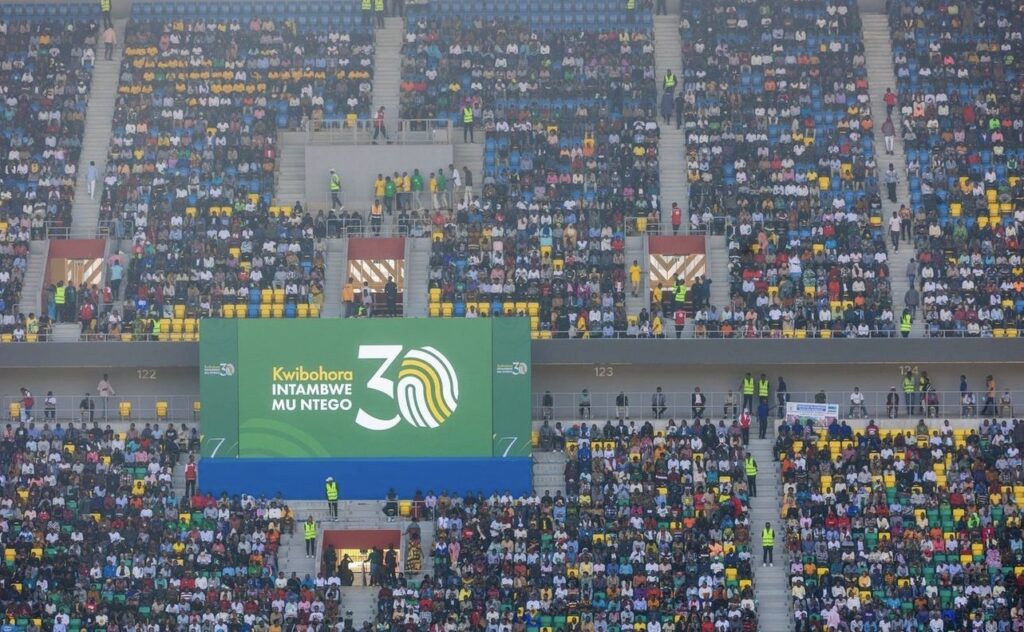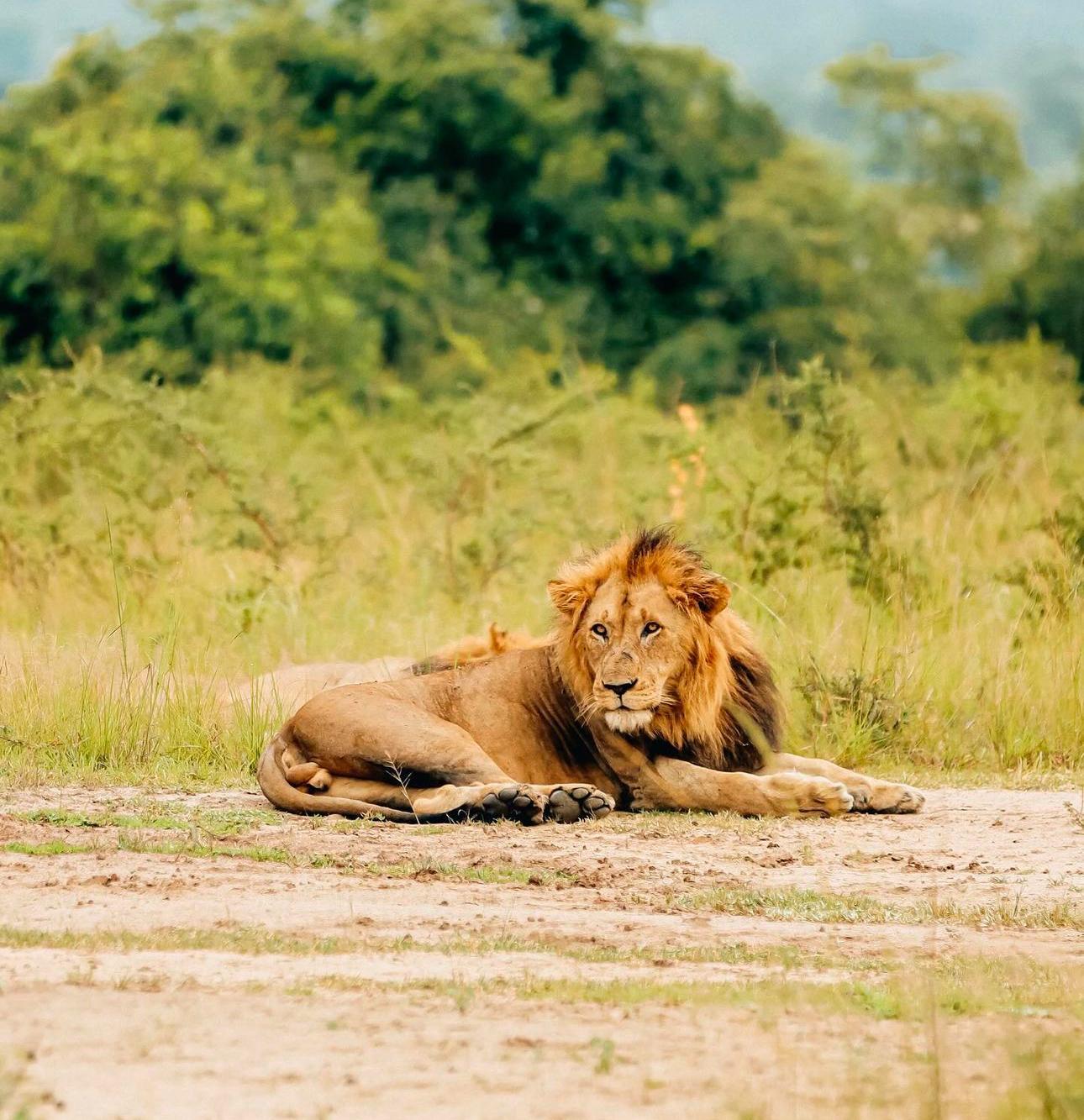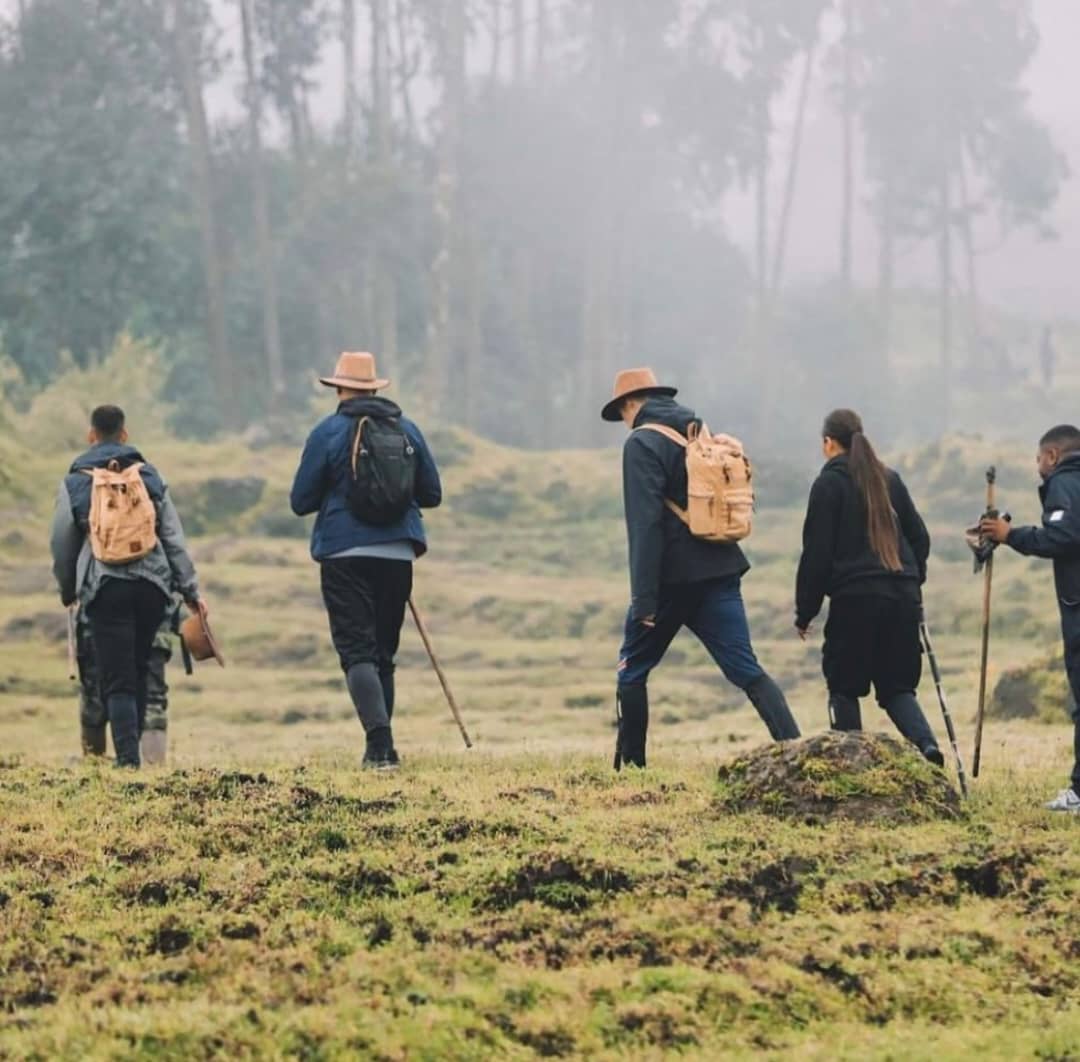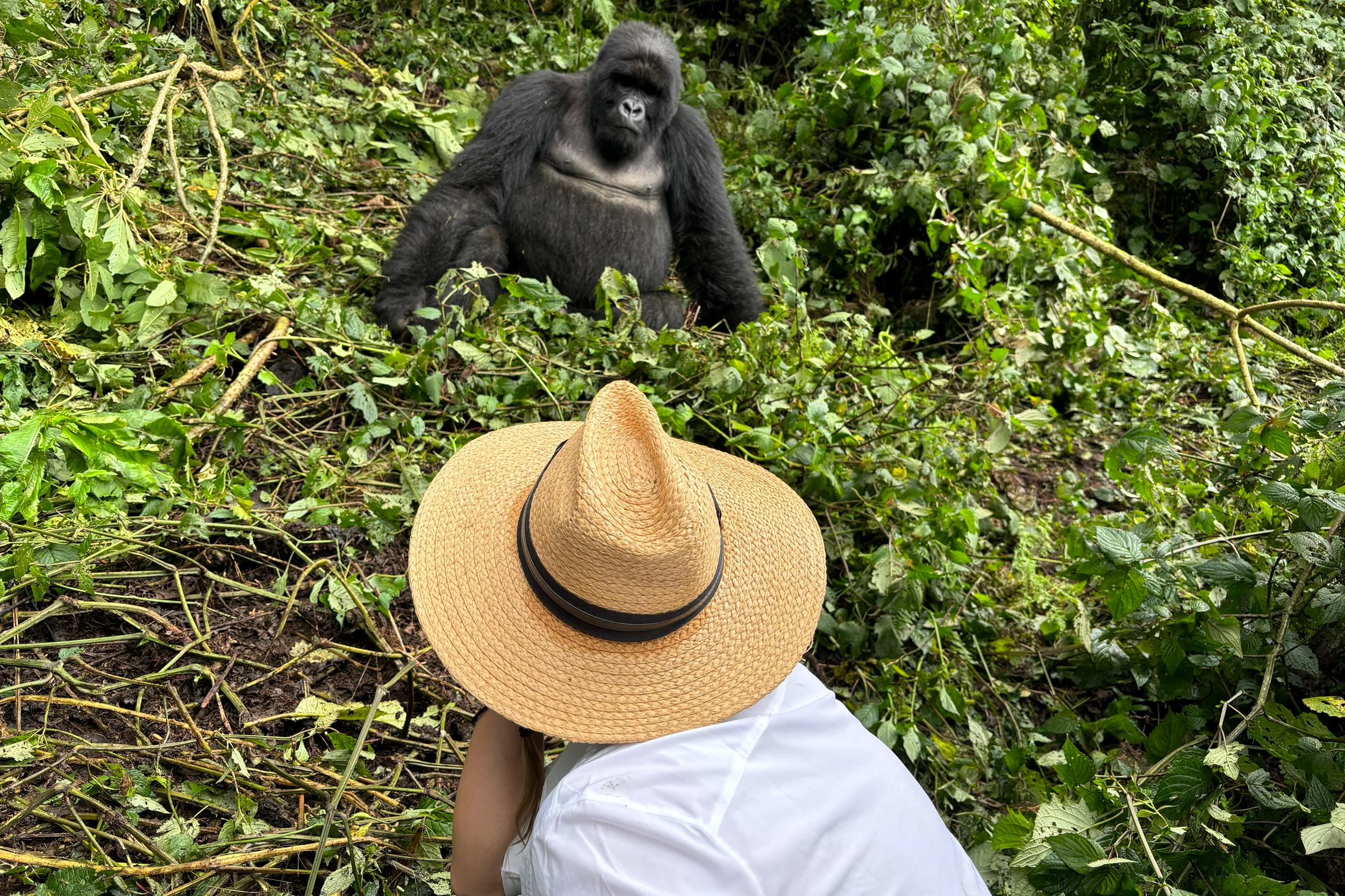Rwanda celebrates liberation day known as “Kwibohora,” on July 4th each year.
July 4th holds a special place in the hearts of Rwandans as they commemorate Liberation Day, a remarkable milestone in their history. This important day signifies Rwanda’s transition from an oppressive and discriminatory regime to a democratic nation, honoring the courageous efforts of the Rwandan Patriotic Front in ending the tragic 1994 Genocide against Tutsi.
Liberation Day is a momentous occasion for Rwandans to come together and celebrate the heroes who played a pivotal role in freeing their country from the depths of despair. It is a time to recognize the bravery, resilience, and sacrifices of those who fought for the nation’s freedom. Beyond celebration, Liberation Day serves as a reminder for Rwandans to embrace their shared responsibilities in preserving national unity and contributing to ongoing development. It offers an opportunity for reflection on the progress achieved and reinforces the collective commitment to building a prosperous and inclusive future for all citizens.
On this year’s liberation day celebration,rwandans are gathering in the recently renovated National stadium”AMAHORO STADIUM“The Amahoro Stadium in Rwanda has undergone a significant transformation through a renovation project that began in mid-2022 and was recently completed. The stadium, located in Kigali, the capital of Rwanda, has been revamped to enhance its capacity and facilities, positioning it as a premier sports venue not only in Rwanda but also in the CECAFA region.
Significance of Rwanda Liberation Day
Rwanda Liberation Day holds multiple layers of importance
This event celebration is centered around the theme
“Together we prosper.”
It underscores the
importance of unity and collaboration in driving Rwanda’s continued growth and success. Rwanda Liberation Day holds deep significance, honoring the memory of those who tragically lost their lives, while symbolizing hope, resilience, and the unwavering spirit of the Rwandan people. It serves as a powerful testament that a brighter future can be forged through unity and determination
The History Behind Rwanda Liberation Day
The history leading up to Rwanda Liberation
Day is marked by a tumultuous journey towards independence and self-governance.
Following World War II, Rwanda, loyal to Belgian administration, witnessed internal strife between the Hutu majority and Tutsi minority. The Hutu uprising in 1959 led to a shift in power, forcing many Tutsis to flee to Uganda where they prepared for an eventual return to remove the oppressive Hutu government.
In 1962, Rwanda achieved independence but continued to grapple with violence between ethnic groups. The rise of Juvenal Habyarimana in 1973 further entrenched authoritarian rule, stifling political opposition and perpetuating division within Rwandan society.
The pivotal moment came on July 4, 1994
when Rwanda was finally liberated from the grips of a corrupt dictatorship. The country elected its first democratically elected President who played a crucial role in ending the genocide that had plagued Rwanda for years. Since then, Rwanda has undergone significant transformations, including economic growth and social development.








